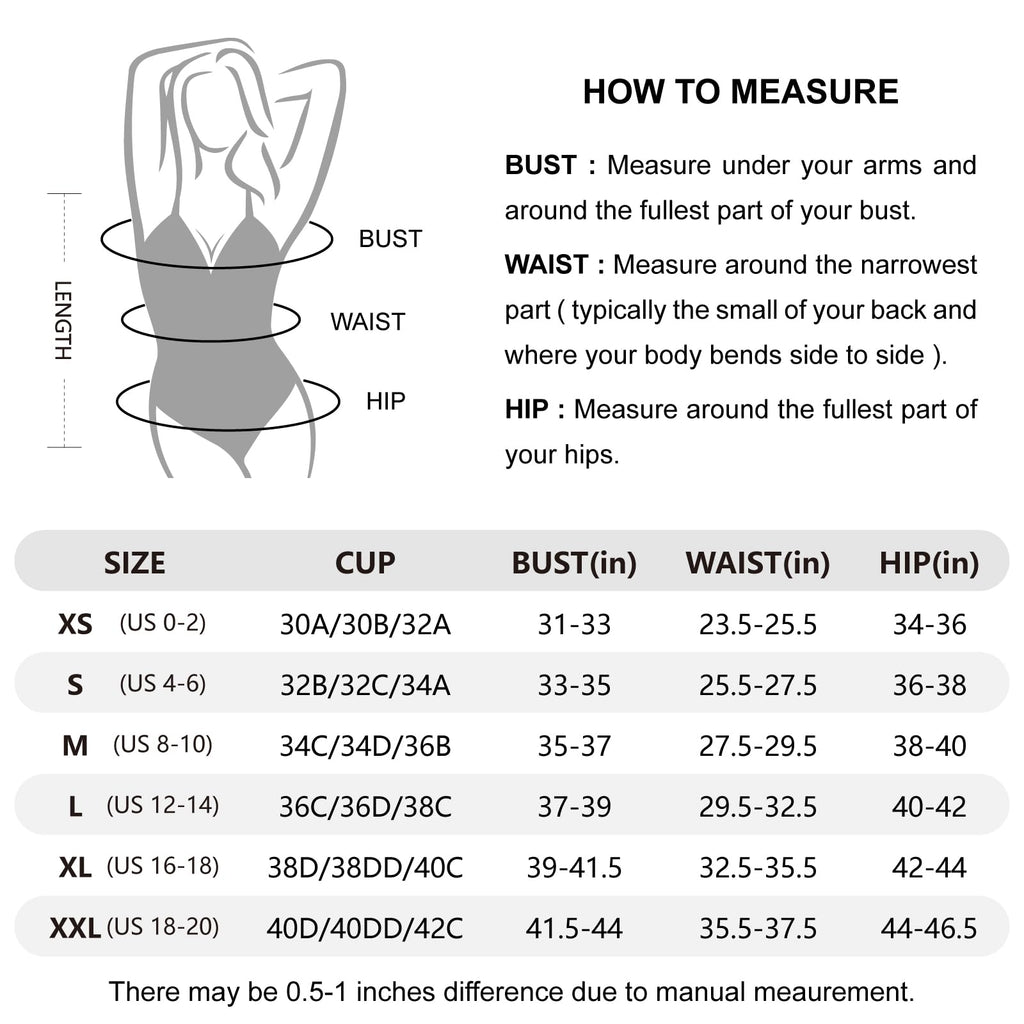Is Surfing Easy to Learn? SiySiy
The good news is that it is quite easy to learn the basics of surfing - no doubt about it. Let's just say it requires a few balance skills.
In fact, the majority of surfers will tell you that surfing has a relatively smooth learning curve and that you can get started pretty fast.
As with any other sport, there will be people who will say that they picked it up quickly; a small minority found it arduous, and some will tell you that they started feeling discouraged and eventually quit.
But from the moment you stand up on the surfboard and navigate across the surface of the water for a couple of seconds, you become a surfer.
Surfing takes practice. While the first impressions will make you believe it is a complex sport with a steep learning curve, the truth is that surfing is an outdoor activity for men and women of all ages.
Everyone has their own pace. Some people will get the hang of it in a couple of hours; others will need several weekends to get their adrenaline running for the first time.
Don't despair, though. It's easier than it looks. When your hard work and effort pay off, surfing becomes an extremely rewarding experience.
One of the secrets of successfully learning to surf is to try and get up on every wave you catch.
Sooner or later, you'll develop and establish muscle memory that will allow you to ride nearly any wave.
Finally, keep one thing in the back of your mind all the time - surfing is all about having fun. If you wipe out and fall on your first 100 waves, keep cool because you're doing great.
1.Be In Good Physical Condition
Paddling, duck diving, and popping up on a surfboard can be demanding and tiring, especially in the first sessions.
If you're not in good shape, you'll get exhausted quickly and lose interest in surfing.
Obese individuals will struggle to pop up; light and fit first-timers will find it easy to jump on their boards.
So, make sure you feel physically apt to exercise your body for 45 or 60 minutes in the ocean before buying yourself a new board.
2.Competent Swimming
Surfing is a water sport that often takes place in deep water, so surfers should be able to swim whenever they lose their boards or need to get back to the beach.
Yes, you should be able to swim competently in order to learn to surf. No, it isn't mandatory. You can start in shallow water areas, for example, during low tide.
But it is quite rare to find competent surfers without good swimming skills.
3.Low Expectations
Some people became obsessed with surfing before actually getting to the water. They are driven to the waves by advertising, media, and the surfers' lifestyle.
If you're about to start surfing, do yourself a favor - lower your preconceived expectations.
You won't be surfing 30-foot waves in the next couple of weeks, and you won't turn pro next month.
The best advice for a first-timer is to start on a big board in small broken waves.
And don't overthink what you're doing. Just feel it, and look ahead to where you're going.
Are you falling off the board a lot? Take a step back and catch a dozen waves on your belly to get used to the surfboard.
In the end, you'll notice that progression takes its time and that it will all go down to how patient you are.
4.Finding Balance
Once you've caught your first wave, you'll need to get used to a moving object under your feet that is never stable.
Sometimes it only takes a dozen waves. In extreme situations, you may need long hours of failed attempts to find your balance on a surfboard.
5.Trimming the Wave
Once you've learned the basics and got used to the pop-up-and-stand-up surfing technique, it's time to make the most out of unbroken waves.
In other words, after you caught the wave, you'll either go left or right. That is the moment when surfing really becomes an exciting sport.
Riding along the face of the wave starts with a good bottom-turn, one of the most important maneuvers in surfing.
You'll find it relatively easy because you've already ticked the basics - lying on the board, paddling for a wave, popping up, and standing up on the surfboard.
So, is it difficult to learn to surf? No, not at all.
And remember that once you've learned to surf, it's for life. It's like riding a bike, swimming, or driving a car - you will never forget how to do it.



















